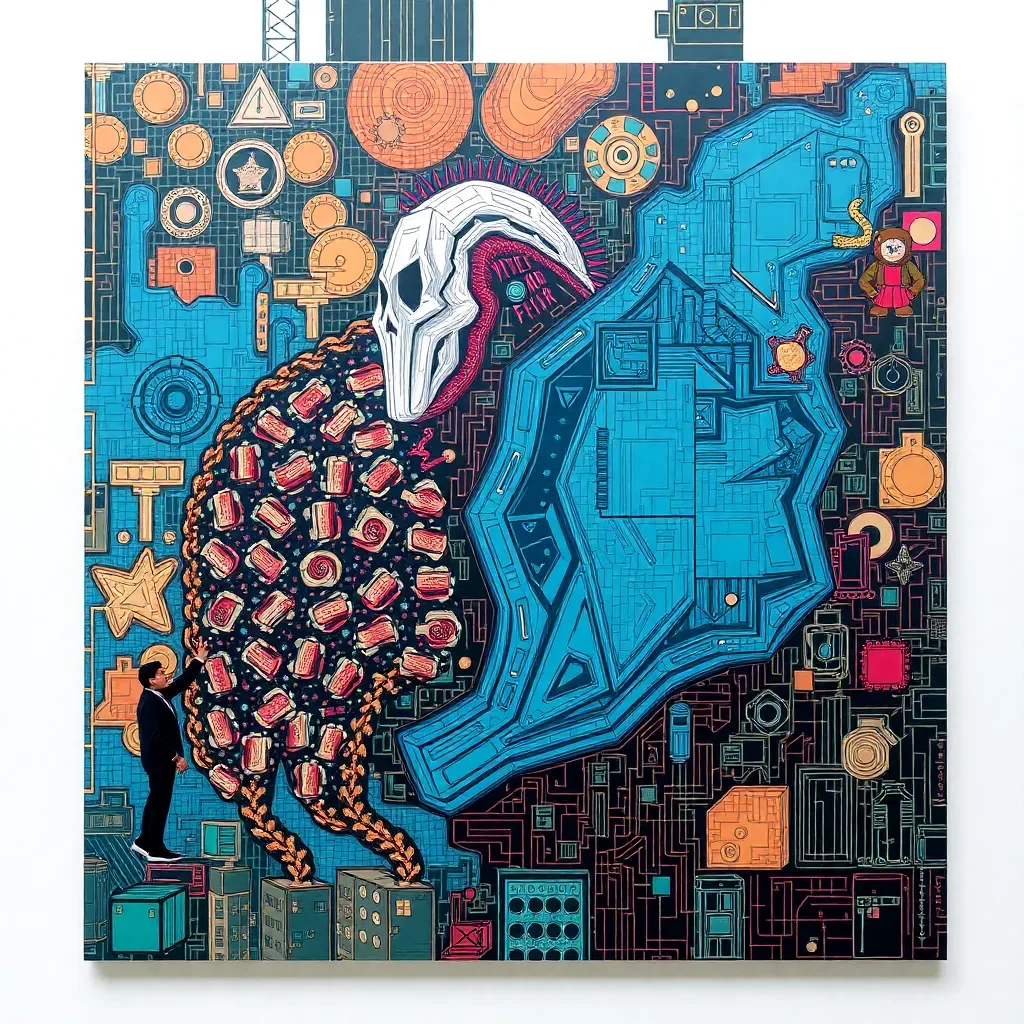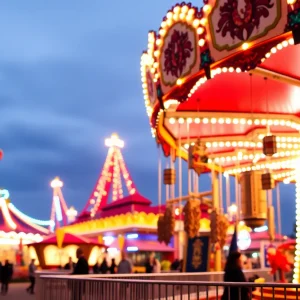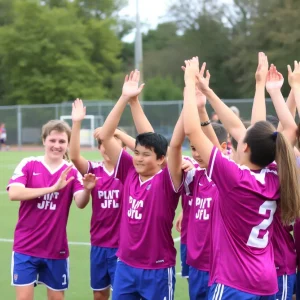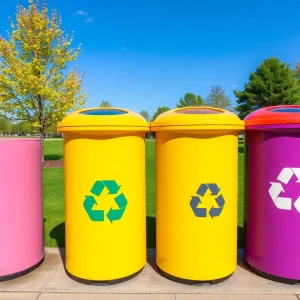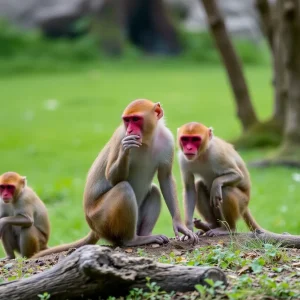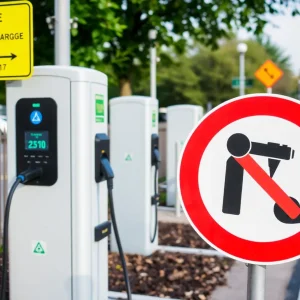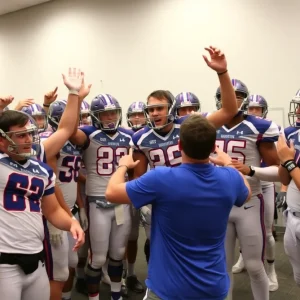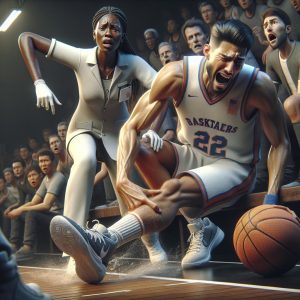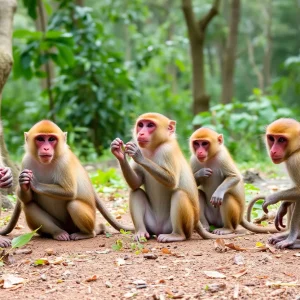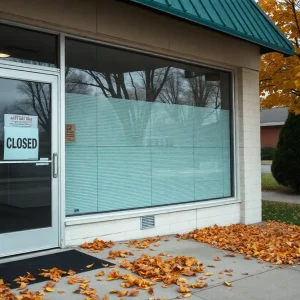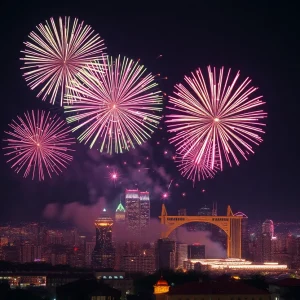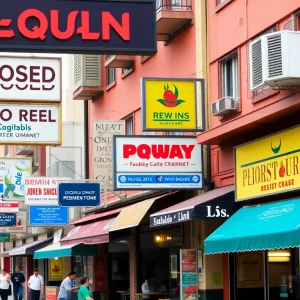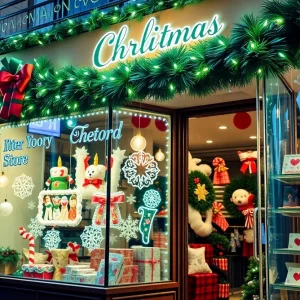Columbia Artists in Disbelief Over State Fair Art Disqualification
This year, the S.C. State Fair has sparked an unexpected wave of conversation, intrigue, and, in some cases, outrage among local artists and fair-goers alike. The fair, known for showcasing a vibrant array of creativity, recently disqualified an art piece that brought home an award, stirring up discussions about the role of technology in the art world.
The Controversy Explained
The piece in question, titled “Country Woman”, was created by Blackville artist Terrance Washington. Initially, Washington’s artwork was honored with the title of Best of Division – Amateur and a cash prize of $300. However, soon after the award was announced, fair organizers revealed that the artwork had been disqualified due to its creation with artificial intelligence (AI).
According to a statement released by the fair’s organizers, there had been a “violation of the art contest rules” concerning Digital Media and the use of AI. Contest rules explicitly outline that submissions in both the Professional and Amateur divisions “must NOT be created using generative Artificial Intelligence (AI).” This led to a whirlwind of reactions as artists began to weigh in on the implications of this ruling.
A Gray Area Breached
While the fair’s organizers did not provide further comments regarding whether the cash prize would be returned or if the prize had already been awarded, they emphasized the importance of educating artists about the rules around digital art. “We hope to work to educate our exhibitors on the rules related to digital art,” they noted, while acknowledging this incident as an unintended oversight.
Washington couldn’t be reached immediately for his thoughts on the disqualification. Meanwhile, local artists have voiced their concerns, particularly about the prevalence of AI-generated art. Artists like West Columbia illustrator Colton Giles took to social media, arguing, “GenAI imagery is theft, and that is not a gray area.” This sentiment resonates deeply, especially among traditional artists who feel their work is being undervalued and exploited by AI technologies.
Concerns About the Judging Process
As opinions continued to flow, another local artist, Sean McGuinness, raised concerns about the fair’s ability to detect AI submissions in the future. “I don’t think the State Fair is really prepared for this,” he explained, suggesting that judges may not have the expertise to identify digital art accurately. The apprehension reflects a growing fear among creators regarding the evolving landscape of art and technology.
A Reflection on Future Competitions
This incident comes amidst a remarkable turnout at this year’s S.C. State Fair, with over 1,600 pieces registered for the art show. Out of those, 1,276 unique pieces are currently on display, including just 20 digital art entries. Following the revelation of Washington’s AI-generated artwork, it was swiftly removed, symbolizing a cautious approach moving forward.
Looking Ahead
The controversy surrounding “Country Woman” highlights broader discussions about originality, integrity, and the definition of art in an age dominated by technology. As local artists grapple with these complexities, it remains clear that the issue of AI in art will continue to be a topic of considerable debate and scrutiny.
As the S.C. State Fair moves forward, both its organizers and artists alike must navigate this new and challenging territory, ensuring that they uphold the values that celebrate true artistic expression. It is a time for learning, dialogue, and ultimately, respect for the profound creativity that exists in every original piece of art.



